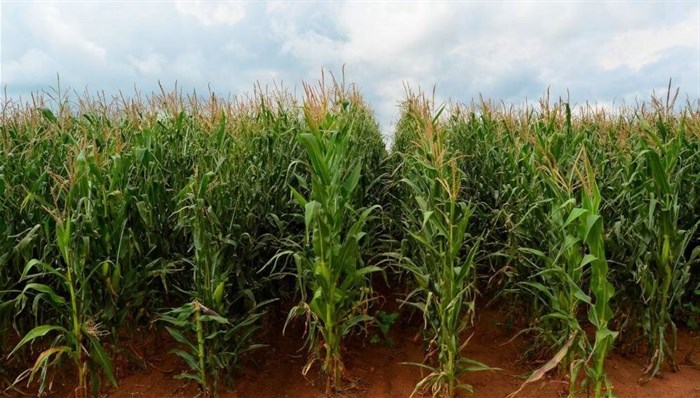Build inclusive food systems to fight Covid-19

As the world struggles to battle the Covid-19 pandemic, economies and livelihoods are disrupted, with the poor [and] vulnerable ones likely to suffer the most.
"As the world struggles to battle the Covid-19 pandemic, economies and livelihoods are disrupted, with the poor [and] vulnerable ones likely to suffer the most," explains Swinnen. "For instance, smallholder farmers, market vendors, women and youth directly relying on their farm activities will be hard hit."
He adds that Covid-19 control measures are particularly impacting Africa and South Asia where more because 60 per cent of the population rely on farming for their livelihoods.
The report explains that malnutrition, hunger and poverty during crises can be lessened with an inclusive food system — defined as actors and interactions along the food value chain that reach, benefit and empower all people — that supports smallholders to invest in basic market infrastructure, promote inclusive agribusiness models and creating market incentives.
"This will help with the growing, harvesting, processing, transportation, marketing and consumption of food-related items," says Swinnen.
Swinnen says that vulnerable groups can contribute and benefit from agricultural transformation even during crisis times if they are provided with social protection skills, development training, and other interventions particularly targeted towards women and youth.
The Global Food Policy Report is flagship annual report that enables IFPRI to determine food policy issues, challenges and opportunities, says Rajul Pandya-Lorch, a research scientist and the chief of staff at the office of the IFPRI’s director-general.
Pandya-Lorch explains that urbanisation, rising incomes and changing diets are aiding the expansion of food markets in Africa and South Asia, creating enormous potential for job and income opportunities along food supply chains.
Building more inclusive food systems will be helpful during pandemics such as Covid-19 as smallholder farmers, market vendors, women and unemployed youth in food systems can secure well-paying jobs including food processing and packaging or transport industries, she adds.
"We hope this report encourages policymakers, business leaders, development practitioners, researchers and the media to take action to build more inclusive food systems," says Pandya-Lorch.
The report calls on countries to be more proactive at the global and national levels in supporting inclusive food systems.
"Address inclusion at the global policy level using awareness of inequality to spur discussion of the need for large-scale investments in research and programming to build inclusive food systems," the report recommends. "Take action at the national level so that the local context — including the status of specific populations, economic structure, and cultural norms — can be taken into account in shaping inclusive food systems and improving diets."
Lawrence Makau, a food security expert and programme manager at the Mwafrika Institute of Development, Kenya, agrees with the report’s goal of enabling countries understand the need for a sustainable food security system.
"As Covid-19 begins its spread across Africa, concerns are growing about how the pandemic will affect the region’s already fragile food systems, especially in densely-packed cities," he says.
"Much of the region’s urban population works in the informal sector — many in wet markets and as street vendors — and depends on it for food, so lockdowns and other social distancing measures could pose major problems both for consumers and workers."
This piece was produced by SciDev.Net’s sub-Saharan Africa English desk.





